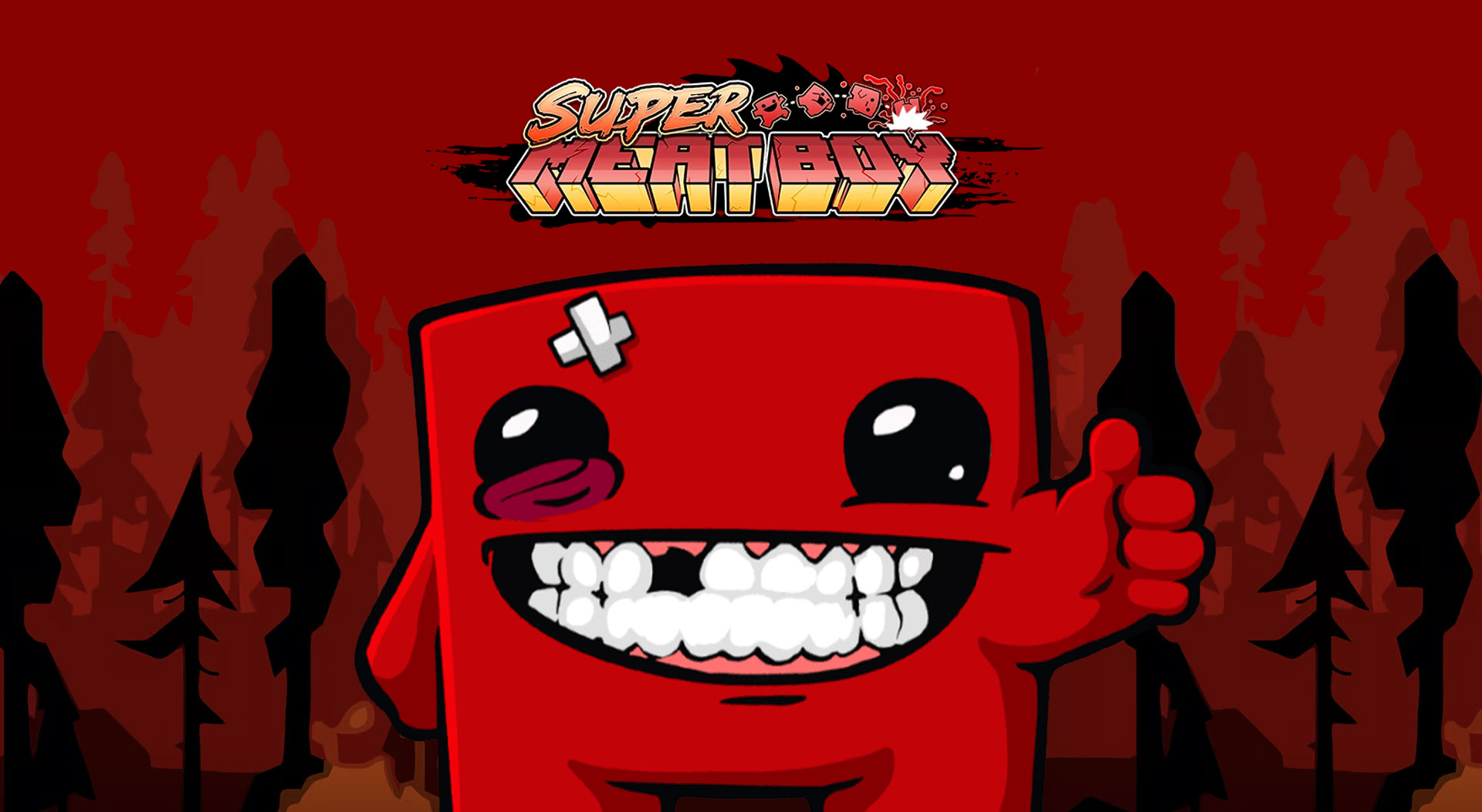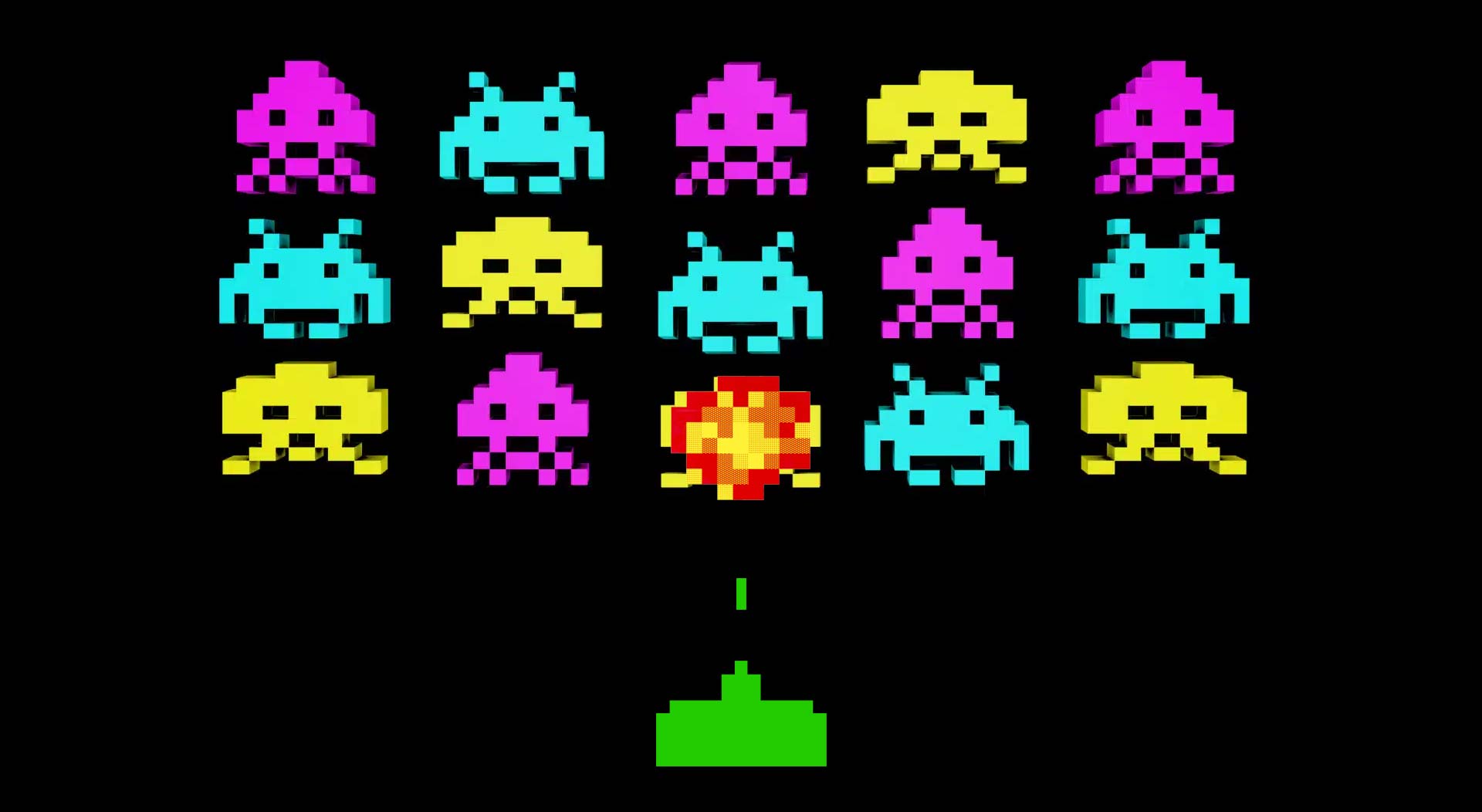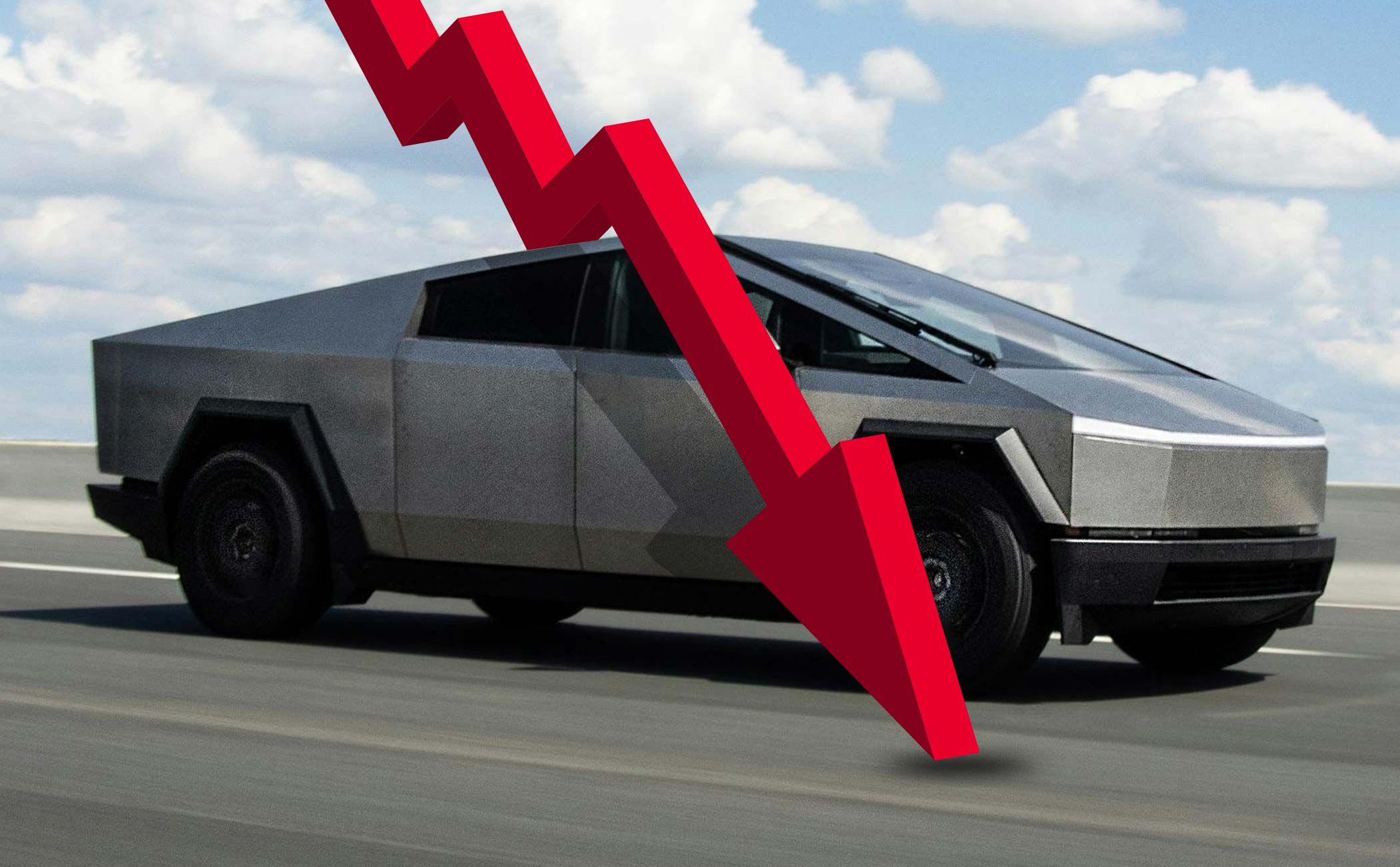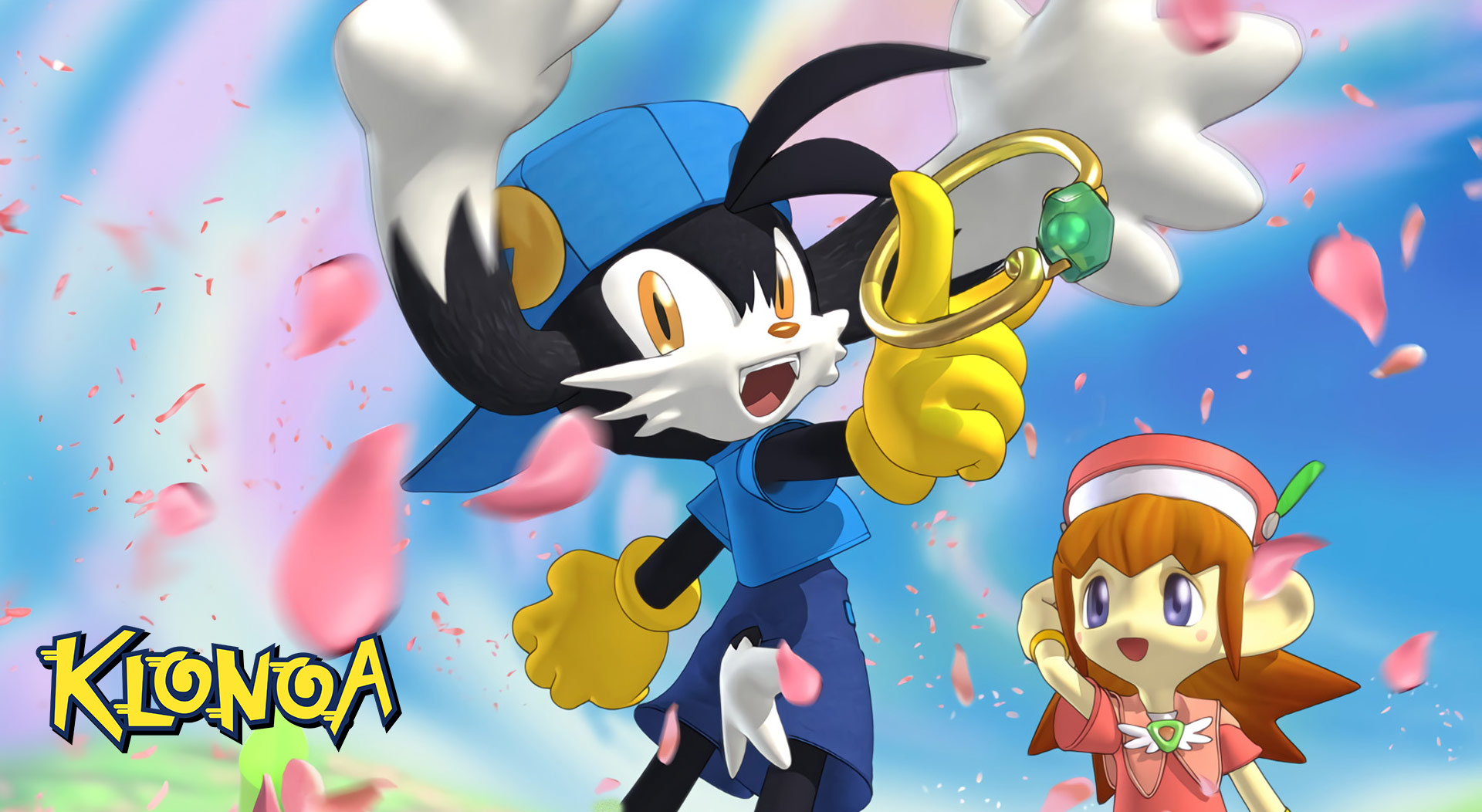Super Meat Boy wasn’t just hard. It was punishing, relentless, and absurdly fast. But more importantly, it was fun as hell. And it didn’t just challenge our reflexes—it reshaped the indie game scene and carved out a permanent place in gaming culture.
A Bloody Good Time
Let’s be honest: Meat Boy is gross. He’s a skinless blob of muscle leaving a trail of blood wherever he goes. But somehow, Team Meat turned that into charm. With its hyper-clean controls, pitch-perfect difficulty curve, and rapid-fire respawns, Super Meat Boy made every death (and there were many) feel like progress.
You weren’t just dying—you were learning. And thanks to the instant restarts, you didn’t have time to rage quit. You just tried again. And again. And again. Until you nailed it.
Indie Before Indie Was Cool
When Super Meat Boy hit Xbox Live Arcade, it felt like a glitch in the Matrix. A two-man team—Edmund McMillen and Tommy Refenes—had made something that was outpacing major studio releases in pure adrenaline and creativity. This was pre-Stardew Valley, pre-Hades, even pre-Undertale. Indie games weren’t the juggernauts they are today. Super Meat Boy helped change that.
It was featured in Indie Game: The Movie, where we saw the behind-the-scenes blood, sweat, and literal tears that went into making it. It wasn’t just a platformer—it was the face of the indie dev hustle. And that authenticity struck a chord.
Bringing Back the Brutal
Super Meat Boy didn’t just revive tough-as-nails platforming. It made it cool again. It was a love letter to games like N+ and Mega Man, but with modern polish and a heaping dose of speedrun appeal.
That DNA is everywhere now. You can feel it in Celeste’s tight, emotional platforming; in the kinetic violence of Dead Cells; in Hollow Knight’s punishing boss fights; and in the slapstick chaos of Pizza Tower. Even the stylish, speed-obsessed Neon White channels that same “fail fast, try again faster” energy. All of these games, in their own way, stand on Meat Boy’s bloody footprints.
These titles didn’t just take inspiration from Super Meat Boy—they expanded on its ethos: responsive controls, meaningful challenge, and a gameplay loop built around mastery, not mercy.
A Legacy of Meat and Madness
Even years later, Super Meat Boy still hits. Whether you’re booting it up for the first time or coming back to chase an A+ on a warp zone level, it holds up. Its legacy lives on not just in sequels or spiritual successors, but in the mindset it helped define: that games could be tough, personal, weird—and still wildly successful.
In an age of procedural generation, cozy simulators, and sprawling open worlds, there’s something beautifully pure about a red cube trying to save his girlfriend from a fetus in a jar. It’s ridiculous. It’s hard. It’s iconic.
And it still bleeds cool.




